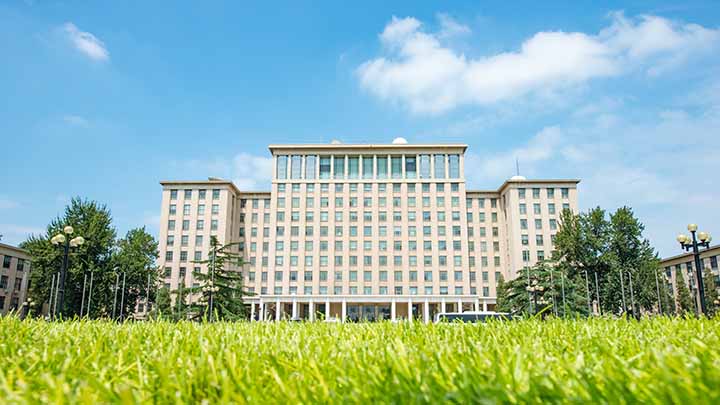Empowering Innovators at Tsinghua University
This site uses cookies. By continuing to browse the site you are agreeing to our use of cookies. Read our privacy policy>
![]()
Enterprise products, solutions & services

Reading guide: Innovation drives development. That has been evident throughout human history, but how is innovation achieved? A critical component is training people how to tap into their talent and creativity. Located in Beijing, China, Tsinghua University's iCenter aims to do just that. Working toward that goal, the iCenter — a national entrepreneurship and innovation base — has formed a training system that integrates three or main components or "spheres," and it has worked with Huawei to launch an "AIoT" innovation training camp.
Innovation-driven development has become a priority for countries seeking to develop unique competitive advantages. Technological and social development is transforming scientific and technological innovation — enabling a shift from innovation being unattainable for anyone except elite groups in societies that prevailed in the industrial age to innovation being more open, more accessible, and more collaborative in the information age.
As China seeks to make progress in this field, it is focusing on the notion that people are the most important factor in scientific and technological innovation. To put it simply: In order to lead the technological innovation worldwide, China must identify and train talented individuals through innovation activities and retain those individuals by providing a favorable business environment for them to thrive in.
With that theory in mind, the Chinese government has in recent years set up many regional and national demonstration bases for innovation and entrepreneurship, as well as bases in universities and scientific research institutes — these bases can help to convert a pool of skilled individuals and technological strengths into industry and economic advantages. They do so by reforming educational and scientific systems, improving intellectual property rights and technological innovation incentive systems, and tapping into human and technological resources.
Dedicated to educating innovators and entrepreneurs, the iCenter is a national-level interdisciplinary training base. The 'i' in its name refers to industry, interdisciplinary, innovation, and international. It is Tsinghua University's largest engineering practice and innovation education platform, integrating the university's resources to support entrepreneurship and innovation.
iCenter adopts a three-sphere integrated system — consisting of value shaping, skills development, and knowledge sharing — to combine new ideas, innovation practices, and entrepreneurship and support the whole process of individual development. iCenter designs courses, competitions, practices, and international exchanges to form a training system suitable for both undergraduate and postgraduate students. It also develops an evaluation system that enables students, teachers, teams, and organizations to supervise, evaluate, and give feedback on each link.
Through continuous iteration and improvement, iCenter has formed a complete training system for entrepreneurship and innovation education in colleges and universities, which provides opportunities to enhance the quality of the education they can provide, enabling students to improve their innovation skills.

Tsinghua University's main building
The Outcomes-based Education (OBE) model — adopted in the US and Australia in the late 20th century and since applied in education systems in countries around the world — orients each aspect of an educational system around goals (or outcomes). By the end of the educational course, each student should have achieved the goal.
Based on the OBE concept, the three-sphere system is divided into four modules: basic requirements, training system, evaluation standards, and demonstration application. The research on basic requirements is the starting point and supports the design of training system. Then, the results of the design need to be tested in practice through demonstration application, which is evaluated by a set of standards. Finally, the evaluation result is used to improve the training system.
iCenter has analyzed the concepts and mechanisms involved in building an innovative education platform from multiple perspectives, and provides favorable conditions for incubators, technical training, product development, processing, and management consulting. It has built an open innovation practice platform that includes courses, projects, and activities. Its one-stop service model covers the entire innovation process, from formulating ideas and putting them into practice to launching an entrepreneurial project.
The iCenter's AIoT Artificial Intelligence (AI) + Internet of Things (IoT) innovation training camp, held in partnership with Huawei, recruits interested students to develop innovative products through project-based learning and group work. As soon as information about the camp was publicized, students enthusiastically signed up.
The camp's training system entails studying specialist knowledge and then creating products or projects through group work, which is then evaluated by specific evaluation standards.
The camp gathered students from different majors and grades to stimulate each other's creativity and share knowledge, broadening their horizons and establishing a foundation for a more complete and advanced knowledge system.